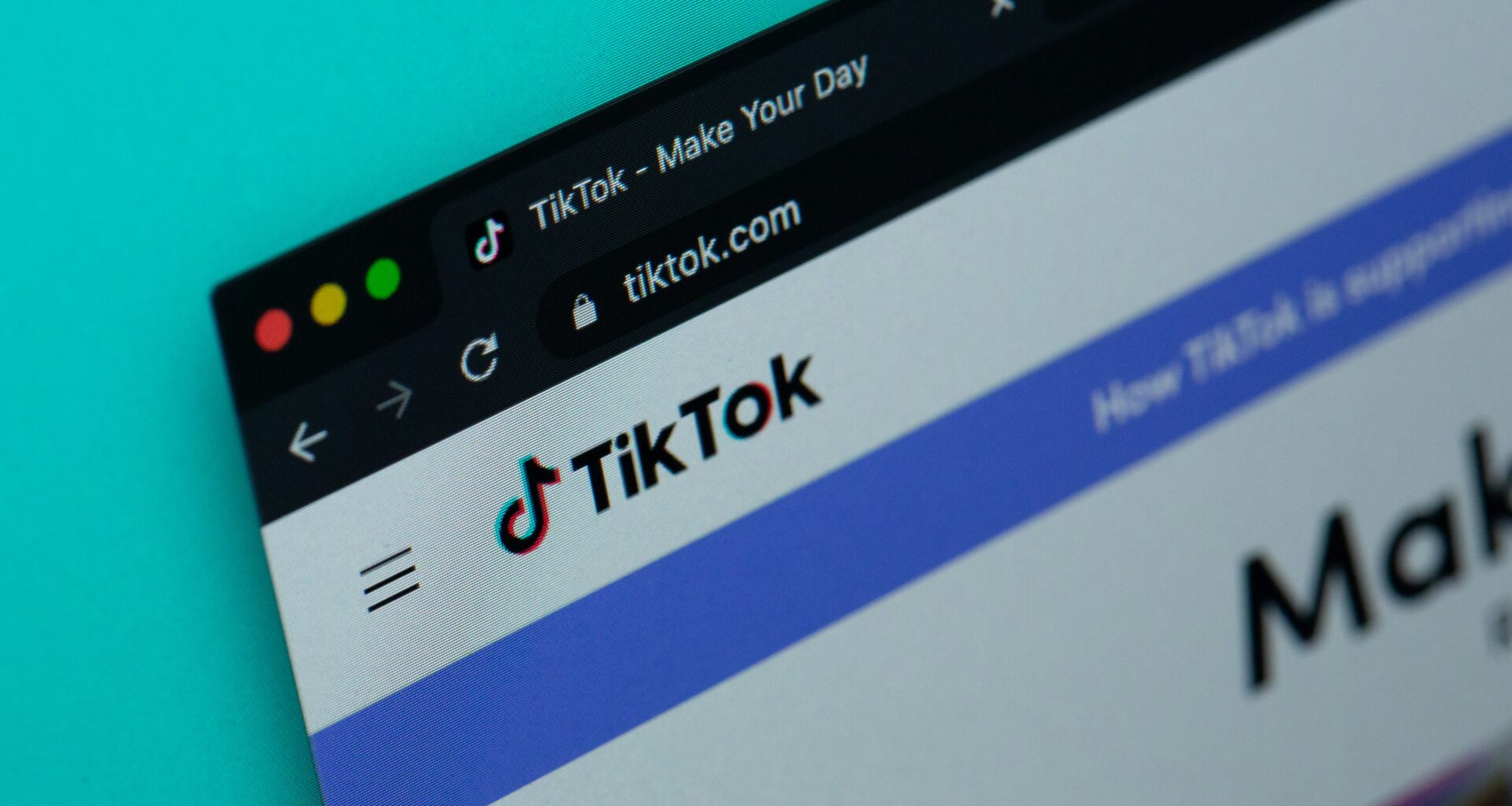The short-form video platform, TikTok, which exploded in popularity over the past few years, now faces a major hurdle – a potential TikTok Ban in the US. Concerns about user data security and potential ties to the Chinese government have sparked this controversy. This blog post dives deep into the ongoing saga, providing you with everything you need to understand the situation and its potential impact.
Details
Why a Ban on TikTok? Unpacking US Government Concerns
The crux of the issue lies in user data. The US government expresses strong concerns about TikTok’s ownership by ByteDance, a Chinese company. They suspect that user data collected by TikTok could be accessed by the Chinese government due to China’s National Intelligence Laws. These laws grant the Chinese government broad authority to access information from companies operating within their jurisdiction.
The US government’s apprehension centers around the potential misuse of user data for national security purposes, including espionage. Additionally, there are allegations that TikTok censors content critical of the Chinese government, raising further questions about content moderation practices.
These concerns materialized in the form of a proposed bill by the US Senate. The bill, if passed, would mandate ByteDance to sell TikTok to a US company within nine months. Failure to do so would result in a complete ban on the platform within the US.
What Happens if TikTok Gets Banned? Potential Impact on Users and Creators
A ban on TikTok would have far-reaching consequences for both users and content creators who rely on the platform. Millions of users, particularly Gen Z and millennials, have found an engaging space for entertainment and self-expression on TikTok. A ban would abruptly sever this connection, leaving a void for many.
For content creators, the impact could be even more significant. Many have built successful careers on TikTok, generating income through brand collaborations, sponsored content, and the platform’s creator fund. A ban would force them to migrate to alternative platforms, potentially losing their established audiences and income streams.
The economic impact goes beyond creators. Influencer marketing agencies heavily involved in TikTok campaigns would face disruption, and businesses utilizing the platform for advertising would need to find new strategies to reach their target customers.
Fighting the Ban: Can TikTok Win in Court?
TikTok has not taken the proposed ban lying down. Their CEO, Shou Chew, has vehemently denied any wrongdoing and declared the proposed ban unconstitutional. The company plans to challenge the ban in court. Legal experts believe TikTok has a strong case due to the First Amendment’s protection of free speech. A court could potentially rule that the ban violates these fundamental rights.
Beyond legal arguments, TikTok maintains that user data is secure and stored within the United States. They further refute any claims of data sharing with the Chinese government. Time will tell if these assurances will be enough to quell the US government’s concerns.
The proposed nine-month deadline for ByteDance to find a US buyer adds another layer of complexity. Even if a buyer is found, securing China’s approval for such a sale remains a significant hurdle. Negotiating and completing a deal within the given timeframe could prove a monumental task.
Global Implications: Is the UK Following Suit?
While the current discussion focuses on the US, concerns about TikTok extend beyond borders. The UK is also grappling with similar anxieties about user data security. However, there are currently no concrete proposals for a ban in the UK. Nonetheless, it raises questions about the potential for wider international action against the platform.
The ongoing trade tensions between the US and China further complicate the situation. The proposed ban could be seen as a symptom of a larger geopolitical struggle.
Beyond the TikTok Ban: A Look at Potential Alternatives
If the unthinkable happens and TikTok gets banned in the US, several alternative platforms are waiting in the wings. Existing players like Instagram Reels and YouTube Shorts have been steadily adding features to compete with TikTok’s short-form video format. Additionally, newer upstarts like Triller and Clash are vying for user attention.
However, none of these platforms currently match TikTok’s user base and engagement levels. A transition would likely involve a period of adjustment for users and creators alike.
The Ongoing Saga: What Does the Future Hold for TikTok?
The future of TikTok in the US remains shrouded in uncertainty. The proposed ban could be upheld in court, forcing TikTok to exit the US market. Conversely, the court might reject the ban, allowing TikTok to operate under increased scrutiny.
Furthermore, a possible compromise could emerge where ByteDance divests ownership of TikTok’s US operations entirely, effectively decoupling it from the Chinese company. This could potentially address the US government’s national security concerns.
Regardless of the outcome, the situation highlights the growing international debate surrounding data privacy and the influence of technology companies with ties to foreign governments.
Conclusion: Keeping Up with the Latest Developments
The TikTok saga is far from over. New information and developments are likely to emerge in the coming months. We can expect continued









